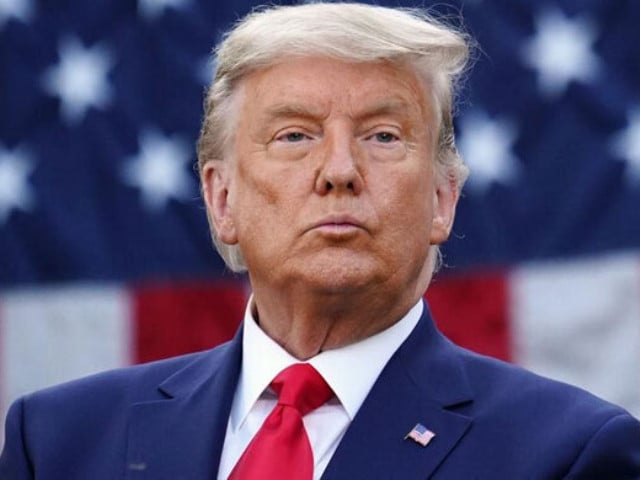
US President Donald Trump declared that the United States plans to "take over" the Gaza Strip, hinting at the potential deployment of American troops while suggesting that Palestinians should not return to their homes.
The remarks, made during a joint press conference with Israeli Prime Minister Benjamin Netanyahu, sparked global concern over their implications for Palestinian rights and sovereignty.
"The US will take over the Gaza Strip, and we will do a job with it too," Trump said, describing his vision of turning the war-ravaged area into a "new Riviera."
He proposed clearing unexploded ordnance, demolishing buildings, and developing the land, but made no mention of Palestinian self-determination or the right of return.
When asked whether US troops might be sent to Gaza, Trump did not rule it out. "As far as Gaza is concerned, we’ll do what is necessary," he stated. "We’re going to take over that piece, and we’re going to develop it."
Trump's comments raised alarm among regional leaders and human rights groups, as they implied a forced displacement of Gaza’s Palestinian population.
"I don’t think people should be going back to Gaza," he said, dismissing concerns about the fundamental rights of the 2.3 million residents who have already suffered years of siege and war.
"Gaza is not a place for people to be living," he added, without acknowledging that generations of Palestinians were confined there due to Israeli policies.
The proposal was swiftly condemned by regional officials. Arab diplomats called Trump's remarks "hard to grasp and digest," warning that they could destabilize efforts toward a ceasefire and a just resolution for Palestinians.
Egypt and Jordan reiterated their refusal to accept more Palestinian refugees, emphasizing that displacement cannot be a solution to the crisis.
Saudi Arabia also rejected Trump's vision, reaffirming its stance that normalization with Israel is contingent on the establishment of an independent Palestinian state with East Jerusalem as its capital.
Trump’s rhetoric, which appears to align with Israeli right-wing narratives, has drawn criticism for disregarding international law and Palestinian sovereignty.
Critics argue that his plan amounts to land confiscation under military occupation, further exacerbating Palestinian dispossession.
Netanyahu, who has faced growing pressure from Israel’s far-right factions, appeared supportive of Trump’s comments but stopped short of explicitly endorsing the plan.
His visit to Washington is seen as an effort to secure American backing for Israel’s continued military actions in Gaza and against Iran.
Trump’s statements have also drawn skepticism in the US, including from some within his own party. Senator Lindsey Graham (R-SC) remarked, "I think most South Carolinians would probably not be excited about sending Americans to take over Gaza."
Meanwhile, Palestinian resistance groups have rejected Trump’s assertions, vowing that any attempt to impose foreign rule over Gaza would be met with defiance.
Human rights organizations have warned that forcibly relocating Palestinians from Gaza would amount to ethnic cleansing and a violation of international law.
Despite Trump’s insistence that his plan has widespread support, opposition to his proposal continues to mount, with critics arguing that it ignores Palestinian agency and further entrenches the ongoing humanitarian crisis.
























COMMENTS
Comments are moderated and generally will be posted if they are on-topic and not abusive.
For more information, please see our Comments FAQ